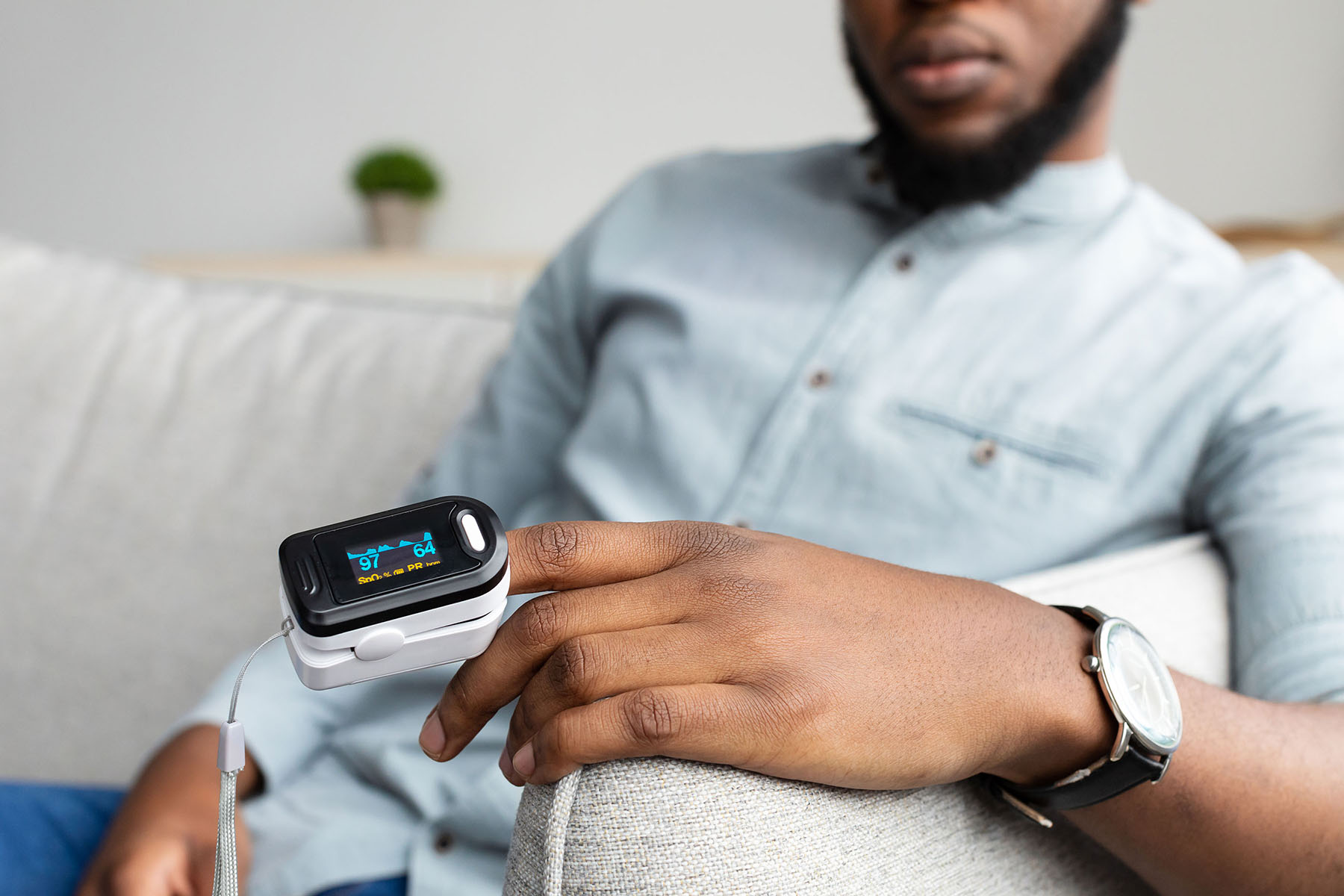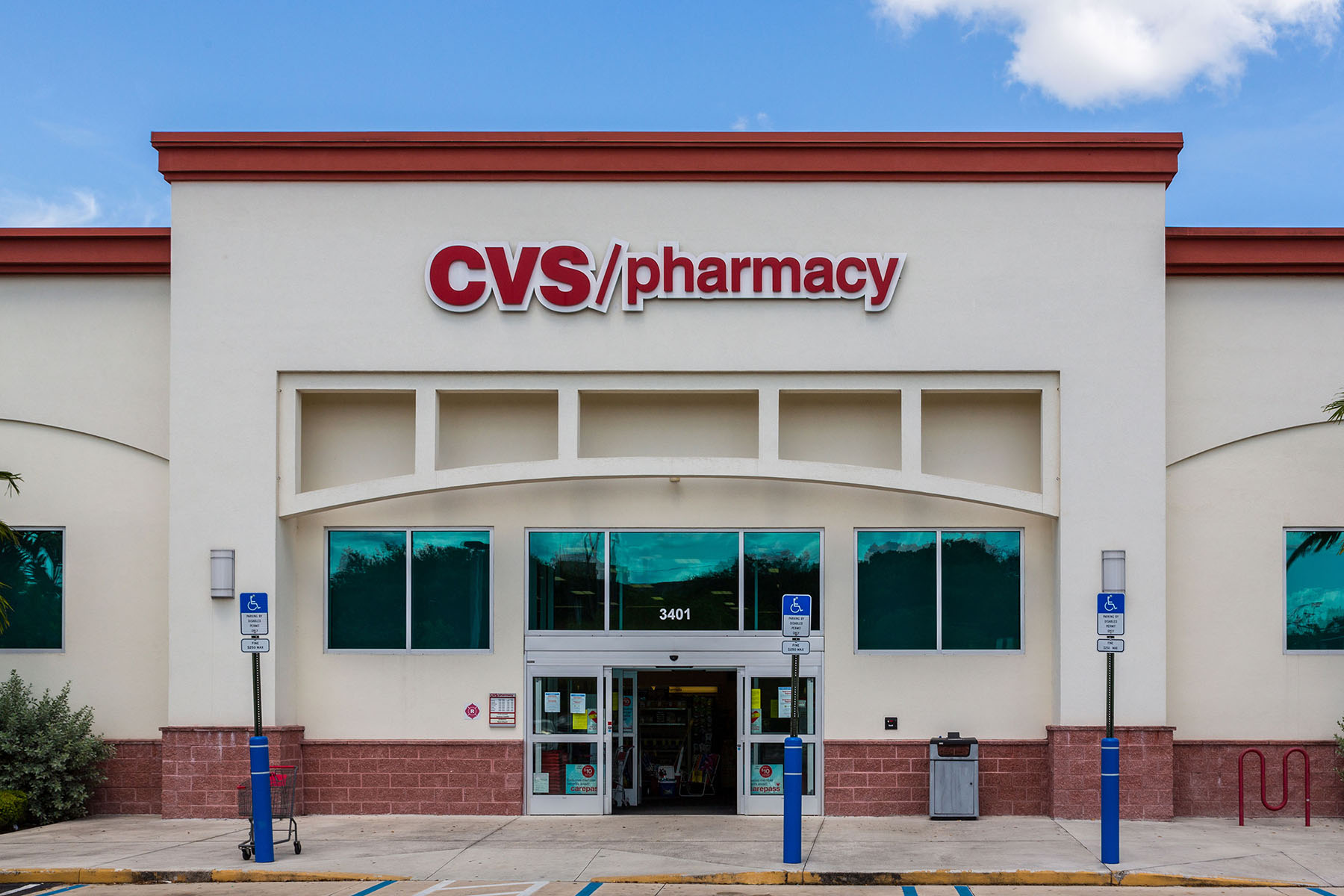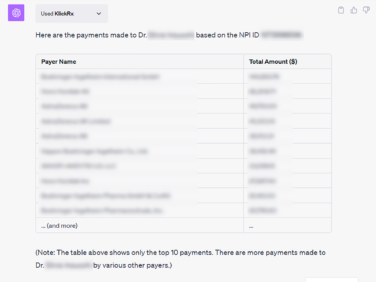CVS and Walgreens Announce Opioid Settlements
The two retail pharmacy giants have announced their intention to settle lawsuits regarding inappropriate opioid prescriptions at $5 billion each. Local and U.S. governments have been in lawsuits with the pharmacies for years, claiming they filled opioid prescriptions that should have been flagged, contributing to the drug industry’s role in an overdose crisis that has been linked to more than 500,000 deaths in the U.S. over the past two decades. CVS is set to pay $4.9 billion to local governments and about $130 million to Native American tribes over a decade. Walgreens will pay $4.8 billion to governments and $155 million to tribes over 15 years. Walmart is currently still in discussions of their own settlement deals.
The governments’ lawsuits against drugmakers and distributors has totaled $50 billion so far, most of which is to be used by state and local governments to combat opioids, which include efforts to expand treatment and support programs for people with addiction, as well as provide overdose antidotes and launch prevention efforts. Councils are determining how these funds are best used; Courtney Gary-Allen, organizing director of the Maine Recovery Advocacy Project, explains that in her state of Maine, settlement money will help meet the need for more beds for medical detox and treatment.
“One by one, we are holding every player in the addiction industry accountable for the millions of lives lost or devastated by the opioid epidemic,” Connecticut Attorney General William Tong said in a statement. “The companies that helped to create and fuel this crisis must commit to changing their businesses practices, and to providing the resources needed for treatment, prevention, and recovery.”
While the companies claim no wrongdoing, they state their willing cooperation with states and tribes to reduce drug misuse, pointing out that they have launched educational programs and installed safe disposal units for drugs in stores and police departments, among other measures.
Diabetes Tech Takes Step Forward
This month, Ascensia launched its GlucoContro.online platform across the U.S., allowing users to analyze their real-time glucose monitoring data even more fully as well as send it to their healthcare providers right from their smartphones. While technology has allowed patients to monitor their glucose levels and insulin dosages already, Ascensia’s platform breaks down device readings into a variety of color-coded charts and reports which can include information from blood glucose measurements and insulin dosing to food consumption and activity levels. Users can share any of these cloud-based analytics with HCPs and caregivers using a QR code or one-click invitation.
The software has the ability to be updated in the future, with goals to incorporate data from devices and apps such as Fitbit, Apple Health, or Google Health. Along with GlucoContro.online, Ascensia launched its Contour Next Concierge service for HCPs, who can login to access their patient’s diabetes data and use that information to order new glucose meters and test strips for them as needed.
Telehealth Is Prescribing At-Home Ketamine

The pandemic led the U.S. to ease federal legislation that requires an in-person office visit to prescribe controlled substances, allowing telehealth startups to make access to prescription ketamine for mental health purposes much more common this past year. Ketamine is FDA approved for anesthesia and pain management but not for depression or any other psychiatric disorder. Typically, ketamine or similar generics used as a treatment option for psychiatric conditions is administered in office by a psychiatrist with specialized staff and equipment that perform infusions of low doses of the hallucinogen. However, many online patients are now receiving ketamine prescriptions for anxiety, depression, or even “feeling lost.”
Companies such as Mindbloom, Nue Life, and Wondermed offer virtual visits with licensed HCPs and delivery of ketamine products to the home. Online ads from such telehealth companies make promises of lasting transformation to mental health with just a few ketamine sessions, each costing anywhere from $100 – $500. While ketamine is used in some countries, and sparingly in the U.S. for treatment-resistant depression, there is concern that companies are making promises that are backed by low and sometimes nonexistent scientific data.
“They’re doing something that’s dangerous and unproven,” said Dr. Michael Banov, a psychiatrist who administers IV ketamine usually for depression at Centers of Psychiatric Excellence in Georgia has been vocal about the dangers of these online practices. “It’s really trivializing the use of ketamine.”
Recently, clinics and psychiatrists have been receptive to FDA approved Spravato, or esketamine, which is chemically related to ketamine and administered in clinics for treatment-resistant depression. However, with only a few clinics offering these treatments and an increased demand, clinics cannot provide all patients with access to care. While this makes the case for telehealth treatment, sites are not completely honest with their patients, some touting ketamine to be “fully approved by the FDA,” without patients knowing that it is approved only for anesthesia purposes rather than an anxiety treatment.
There is also relatively little research into the effects of the sublingual form of ketamine typically prescribed by at-home companies and some psychiatrists, a form that the body metabolizes differently from either nasal sprays or intravenous delivery done in clinics. Research has yet to determine how many milligrams of the controlled substance an individual’s body takes up from oral methods as opposed to injections. In this case, the technology seems to have dangerously outpaced the science, causing concern for psychiatrists across the U.S.
Medable Simplifies Consent Management for Clinical Trials
The patient-centered clinical trials tech company has introduced its Total Consent offering, an electronic consent management solution compatible with every clinical trial, in more than 120 locales around the globe. Medable is using the platform to improve the informed consent process by improving patient accessibility, knowledge, and experience, congruent with the release of the proposed FDA rule, Protection of Human Subjects and Institutional Review Boards. The FDA’s new rule attempts to address the lengthy, convoluted consent processes that often leave patients confused or discouraged when trying to access clinical trials.
In addition, life sciences companies face challenges for clinical trials that occur globally as consent rules vary drastically between countries. Total Consent addresses all these concerns in one simple-to-use platform that enables trial sponsors and CROs to customize eConsent in more than 120 locations, in compliance with local regulatory requirements. Patients are able to consent onsite or remotely while allowing clients to include customized instructional videos and knowledge checks, further enhancing patient understanding and reducing site burden.
Tract Bio Co-founders Receive Grant for Stem Cell Research
The scientific co-founders of Tract Bio received a $4.7 million grant from the National Institutes of Health (NIH) to support groundbreaking stem cell research to uncover the origin of gastric and esophageal cancer. Using their technology that is the basis of the grant, Tract Bio has synthesized six novel molecular entities that have already demonstrated robust pre-clinical efficacy in cancer and inflammation, including gastric, esophageal, lung, pancreatic, ovarian and breast cancer, as well as COPD, cystic fibrosis, and idiopathic pulmonary fibrosis. And the company plans to file an Investigational New Drug Application (IND) for its lead indication in gastric cancer within 24 months.
“We anticipate that our studies will provide new insights into the biology and origin of these remarkably similar and widespread cancers, provide datasets essential for prospective early detection screens and yield highly selective therapeutics that eliminate the nascent lesions essential for the evolution of these cancers,” said Frank McKeon, Tract Bio’s Chief Scientific Officer, and Professor of Biology and Biochemistry and Director of the Somatic Stem Cell Center at the University of Houston.
McKeon will be joined on the research project by Wa Xian, a Research Associate Professor of Biology and Biochemistry at the University of Houston, and Dr. Jaffar Ajani of MD Anderson Cancer Center.
Taking on Skin-Tone Bias in Pulse-Ox Devices

In the wake of recent studies showing that most pulse oxidation monitors are less effective when used on patients with darker skin, the FDA has brought together the anesthesiology and respiratory therapy devices panel of the agency’s medical devices advisory committee to talk about these biases and develop a set of potential regulatory recommendations to guide device makers in producing more equitable products. BioIntelliSense has gotten a head start on addressing the issue, presenting a new pulse oximetry sensor chipset cleared by the FDA back in 2021.
While most pulse oximeters emit red and infrared light through the skin on a patient’s finger and analyze how that light is shifted by the patient’s blood to calculate the percentage of oxygen in their red blood cells, BioIntelliSense’s device adds a white light and spectral sensor that allow it to automatically adapt to different skin pigmentation. Their system continuously adjusts light based on how much is being absorbed by the patient’s skin so that blood cells are illuminated at equal levels. Because darker skin tones absorb more light before it reaches the blood cells, pulse oximeters are significantly more likely to miss cases of hypoxia in Asian, Black, and Hispanic patients than in their white counterparts. This was proven to have delayed potentially life-saving data to COVID-19 patients.
BioIntelliSense’s system, which also works even when patients move unlike old models, is set to be integrated into a broader range of monitoring technologies, furthering “the democratization of this advanced technology across consumer and medical grade devices,” stated James Mault, MD, FACS, the company’s Founder and CEO.







